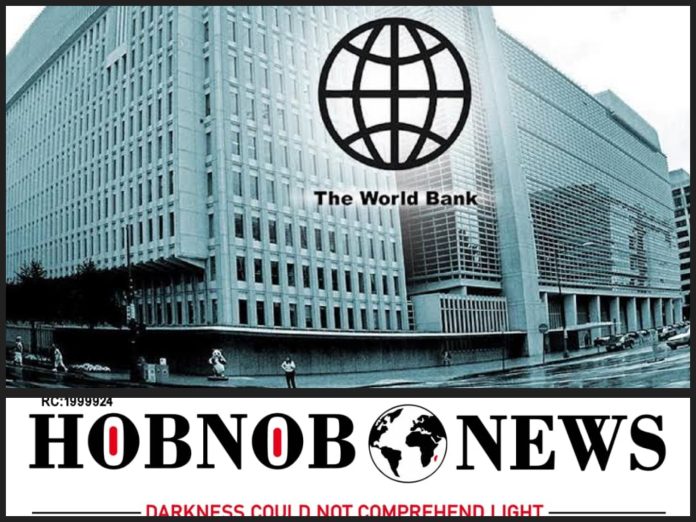The World Bank has accused the Nigeria National Petroleum Corporation Limited NNPCL of not being transparent about the financial gains from fuel subsidy removal.
The World Bank noted that its searchlight extends to subsidy arrears that are still being deducted and the impact of subsidy removal on federation revenues.
The bank made the accusation in its Nigeria Development Update, December 2023 edition titled, ‘Turning The Corner (from reforms and renewed hope, to results).
Nigeria’s Minister of Finance and Coordinating Minister of Economy, Wale Edun, noted that the government was ready to scrutinise the revenue flow from the NNPCL.
The World Bank noted that revenue gains from the exchange rate reforms are visible, but more clarity is needed on oil revenues, including the fiscal benefits from the PMS subsidy reforms.
“Nominal oil revenue gains have been evident since June; these are mostly categorised as “exchange rate gains”, suggesting that they are due to the naira depreciation”, the bank noted.
“Except for the exchange rate-related increases, however, there is a lack of transparency regarding oil revenues, especially the financial gains of the Nigeria National Petroleum Corporation from the subsidy removal, the subsidy arrears that are still being deducted, and the impact of this on Federation revenues. It is also unclear why retail petrol prices have not changed much since August, despite fluctuations in the exchange rate and global oil prices.”
It further expanded that gains in net oil revenue of the federation were lower than what they should have been considering what the removal of fuel subsidy should have added to the accounts.
The Washington-based bank stated that fuel subsidy cost the federation about N380bn a month, and once removed, the federation account should have recorded an increase in net oil revenues.
“However, most of the gains in the oil revenues in H2 2023, as reported by OAGF, can be attributed to exchange rate gains. Without exchange rate gains, net oil revenue between January and August would have declined by 0.2 of a percentage point of full-year GDP yoy, all materialising in the July–August period.
“In August, additional revenue from 40 per cent profit of Production Sharing Contracts and the interim yearly dividend were reflected in the accounts. However, these were not as high as what the gains from removing the gasoline subsidy should have been. Given that petrol pump prices have not changed in line with market fundamentals (notably exchange rate movements and global oil prices), there is a risk that the implicit fuel subsidy has reemerged, potentially keeping net oil revenues lower than expected.”
The World Bank further addes that the fuel subsidy reform should help the NNPCL settle its arrears and start paying fully for the Federation’s share of costs in joint venture operations, thereby allowing oil production to gradually increase over time.

